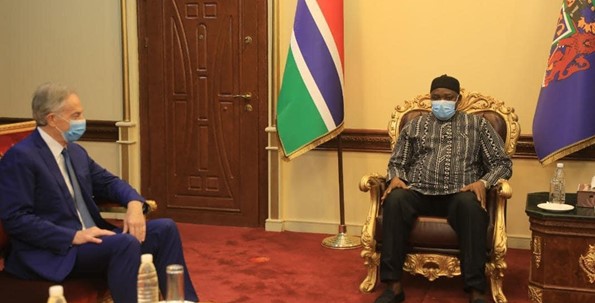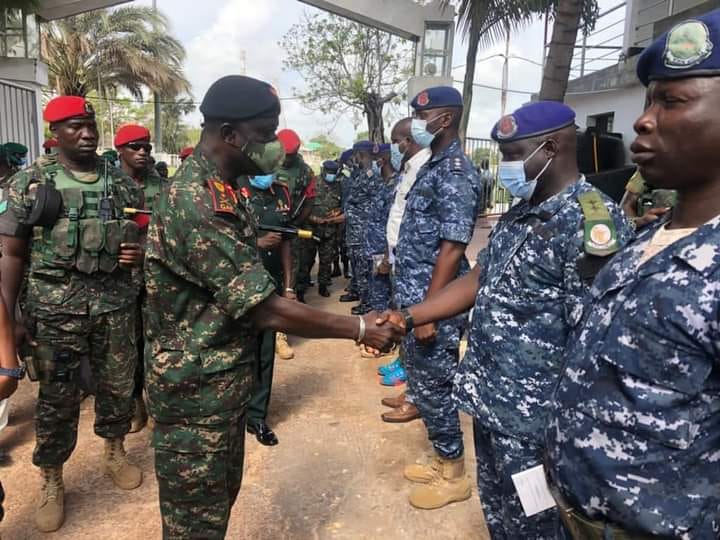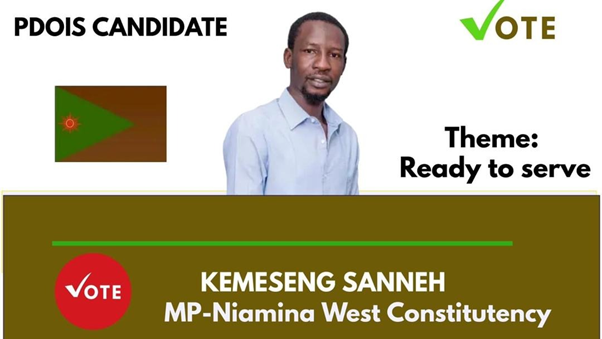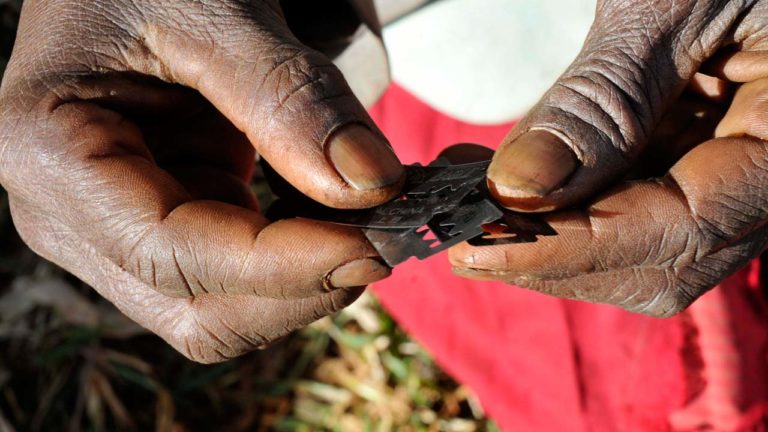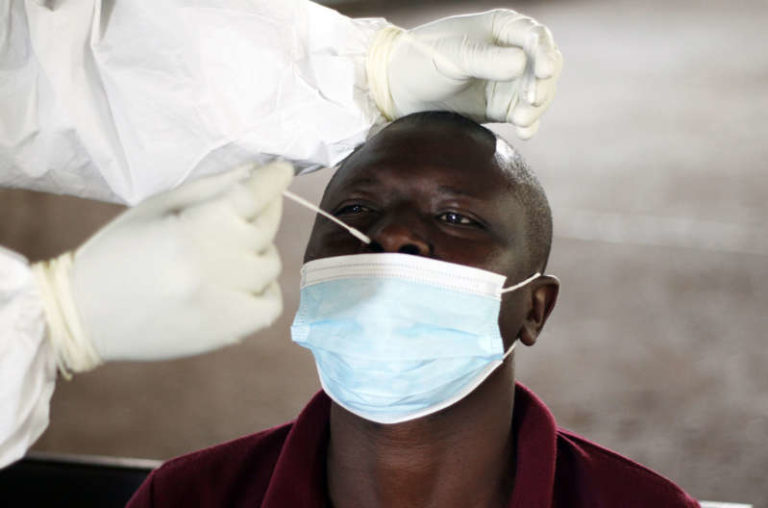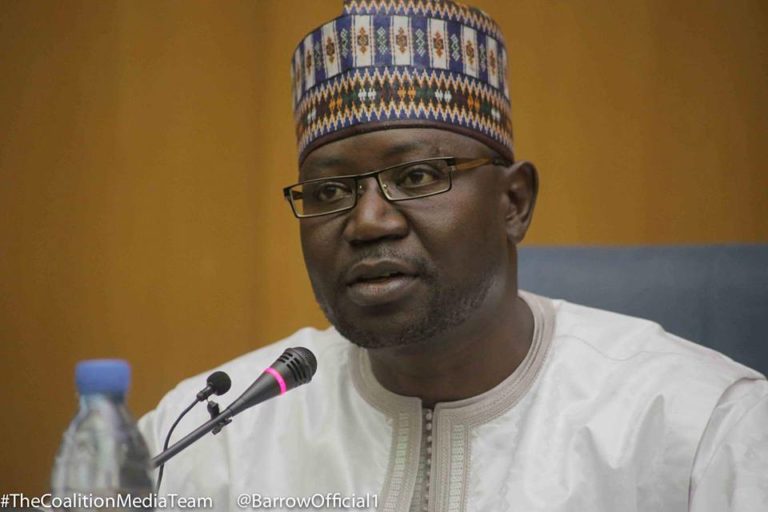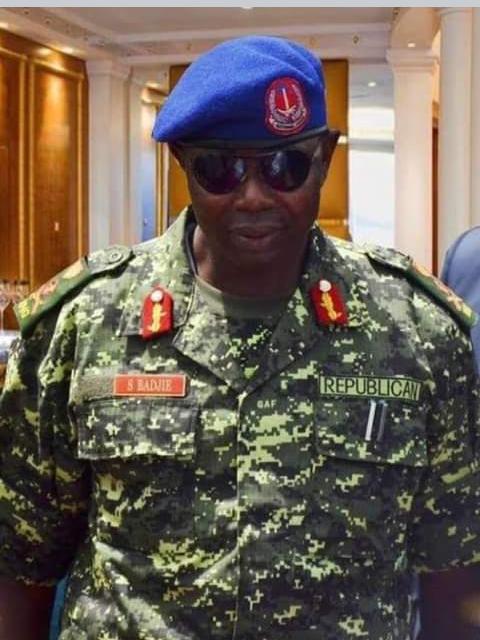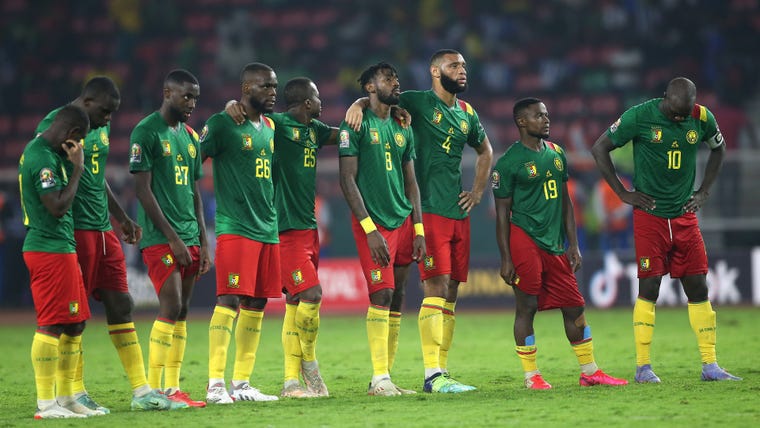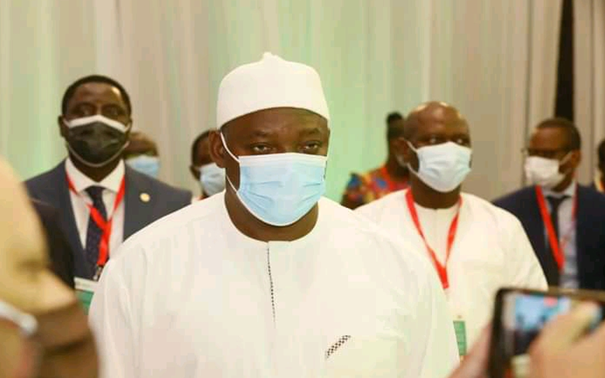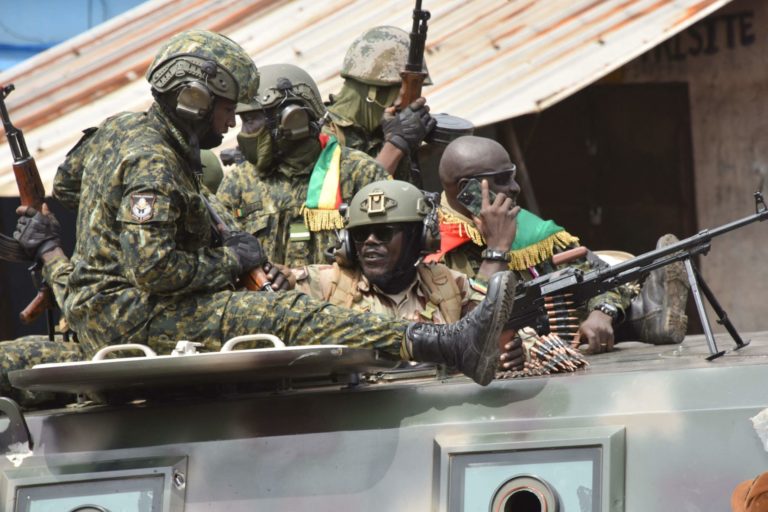By: Christian Conteh (OPINION)
The History
Immunisation has been in existence since time immemorial. Hundreds of years ago Buddhist Monks drank snake venom to help build immunity against snake bites. In 17th century China, it was believed that the smearing of a cut in the skin with cowpox conferred immunity to smallpox.
In 1796, Edward Jenner who is considered the founder of vaccinology in the West, inoculated (to give a weak form of a disease to a person or animal, usually by injection, as a protection against that disease) a 13-year-old-boy with vaccinia virus (cowpox), and demonstrated immunity to smallpox.
In 1798, the first smallpox vaccine was developed. Over the 18th and 19th centuries, systematic implementation of mass smallpox immunisation culminated in its global eradication in 1979.
In 1897 and 1904 respectively, Louis Pasteur’s experiments spearheaded the development of live attenuated cholera vaccine and inactivated anthrax vaccine in humans. The plague vaccine was also invented in the late 19th Century.
Between 1890 and 1950, bacterial vaccine development proliferated, including the Bacillis-Calmette-Guerin (BCG) vaccination, which is still in use today. In 1923, Alexander Glenny perfected a method to inactivate tetanus toxin with formaldehyde. The same method was used to develop a vaccine against diphtheria in 1926. Pertussis vaccine development took considerably longer, with a whole-cell vaccine first licensed for use in the US in 1948.
Vaccination Fears
“There is a need to recognise that beyond general vaccine sceptics and/or those simply buying into the latest conspiracy theory expounded on social media, many people may hold genuine fears and anxieties about vaccination in general (or relating to specific vaccines),” says Barbara Connolly QC, member of the IBA’s Family Law Committee Advisory Board.
The problem of how to overcome vaccine fear is made difficult by very unclear areas in scientific and medical research. There may have been great advances in research since the 19th century, but even so, results are not always clear or complete. This can lead to genuine concerns and fears.
Governments have also played a role in allowing these fears to thrive. Some have not been fully transparent and thus have lost public trust and confidence. For example, a government’s effort to hide the existence of vaccine risk particularly in people with underlying conditions only sows greater distrust than if the government were more honest about the risks involved.
Trust in the authorities, both political and scientific, is a key factor for vaccine fear and subsequent refusal. When trust is lost its effects can be long-lasting.
Robert Krakow is a US vaccine injury lawyer, and he says, “If vaccines are so important and their risk so outweighed by their benefit, then the government should rely on that argument and persuade people to get vaccines.”
It is however a burden, if not impossible, for governments in countries that lack scientific capacity like Gambia, Sierra Leone, Liberia and Guinea to fully provide all known risks of vaccination (including rare ones) and admit areas where information is lacking, like the long-term effects of COVID-19 vaccines, because this information is unknown.
Compulsory Vaccination vs Human Rights
Of course, no health official has as of now suggested they will physically restrain citizens and force needles into their arms. But, this is done indirectly by allowing vaccinated people certain privileges and denying those who have not been vaccinated.
Many people who are sceptical of the COVID-19 vaccine have taken to social media to express views that while vaccination may not strictly be mandatory, the suggested inducement or coercion of citizens who are hesitant to receive the vaccine amounts to the same thing. There is no doubt that certain measures give the individual little choice when it comes to vaccination.
In Sierra Leone, at Youyi Building for example many have reported that they have been refused entry into the building which houses about nine (9) government ministries until they take a vaccine which is administered in the vicinity.
As a journalist who believes in respect for human rights, I believe COVID-19 has distinguishing characteristics, so far as they are known. The range of its severity, from asymptomatic to life-threatening, its varying threat to different age groups, and its evolving variants are likely to be relevant to any argument in favour of mandatory vaccination.
According to the European Court of Human Rights, the action taken (in this case compulsory vaccination) has to be ‘proportionate’, which involves proving that a given individual poses a significant risk to the public. Similarly, according to Alison Choy Flannigan, Publication and Newsletter Editor, IBA Healthcare and Life Sciences Law Committee, “should a government make the vaccine mandatory, then there should be some compensation to patients who suffer injury arising from manufacturing defects”.
Public debate about vaccines’ safety and vaccination choice has been increasing lately in several countries. In Sierra Leone, Human rights activists, doctors, lawyers, and members of the public have raised concerns about several unanswered questions regarding alleged vaccine injuries.
Whereas everyone agrees that the health of the population is paramount, critical minds have opined that a healthy and lawful balance must exist between the legitimate goal of public health and the protection of individual rights.
Despite the fact that vaccination is a widespread preventive medical intervention, there is scientific consensus that a number of vaccines might produce serious injuries to some people, and that these two facts create evident competing interests for any Government between public health, individual rights, and even the economic interest of some actors.
A comprehensive study of the human rights framework for public policies regarding vaccinations has not been done, and it seems that it has been given low priority for the human rights scholarly agenda.
Provision of Adequate Remedy For Vaccination Injuries
If a State decides to adopt a compulsory vaccination policy and people are injured as a result of vaccination, the State has a duty to provide an effective remedy for victims. Moreover, if the criteria for a lawful limitation of rights were not fulfilled and information was not available, the remedy must be provided not only for the injury but also for a violation of the right to privacy, the right to physical integrity, and the right to informed consent.
The guarantee of an effective remedy constitutes one of the basic pillars of the rule of law in a democratic society. The indisputable universality of this right is evidenced by its recognition by the most important universal and regional international human rights instruments, as follows.
Article 8 of the Universal Declaration of Human Rights provides that “Everyone has the right to an effective remedy by the competent national tribunals for acts violating the fundamental rights granted him/her by the Constitution or by law.”
Article 2 of the International Covenant on Civil and Political Rights provides that:
“Every State must ensure:
(a) that any person whose rights or freedoms as herein recognized are violated shall have an effective remedy, notwithstanding that the violation has been committed by persons acting in an official capacity;
(b) that any person claiming such a remedy shall have his right thereto determined by competent judicial, administrative or legislative authorities, or by any other competent authority provided for by the legal system of the State, and to develop the possibilities of judicial remedy, and
(c) that the competent authorities shall enforce such remedies when granted.”
An adequate balance between public vaccination policies and individual rights is vital for the legitimacy of the measures adopted. Several questions remain regarding the correct application of a human rights framework to the vaccine safety debate. Yet, instead of promoting confrontational debates, communities should build constructive spaces for an open and transparent dialogue.
States have the duty and the right to design and implement public health policies. However, the strongest policies will be built if
(i) different points of view are considered
(ii) the decisions are made based on the best possible and adequate research and, above all
(iii) the respect and promotion of human rights is the desired objective.
Conclusion
Conclusively, let me clearly note that I am not against vaccines or vaccination. I believe that vaccines can help stop the spread and help build immunization but I am a believer in processes, procedures, and the upholding of fundamental human rights. For this purpose, I am firmly convinced that vaccination must be voluntary (with an individual’s consent) and not compulsory.
Let me also state that I do not seek to define the health risks of vaccines, as I am limited by my capacity as a journalist, I must admit that if there are no sufficient grounds for restricting human rights and especially the right to informed consent, I am a faithful defender of vaccination choice. I am also a faithful defender of vaccination accessibility, particularly for vulnerable populations.
However, if the government institutes compulsory vaccination without providing an adequate remedy for possible vaccine injuries, I strongly believe human rights lawyers are likely to seek redress in both national and international courts in the years to come.


